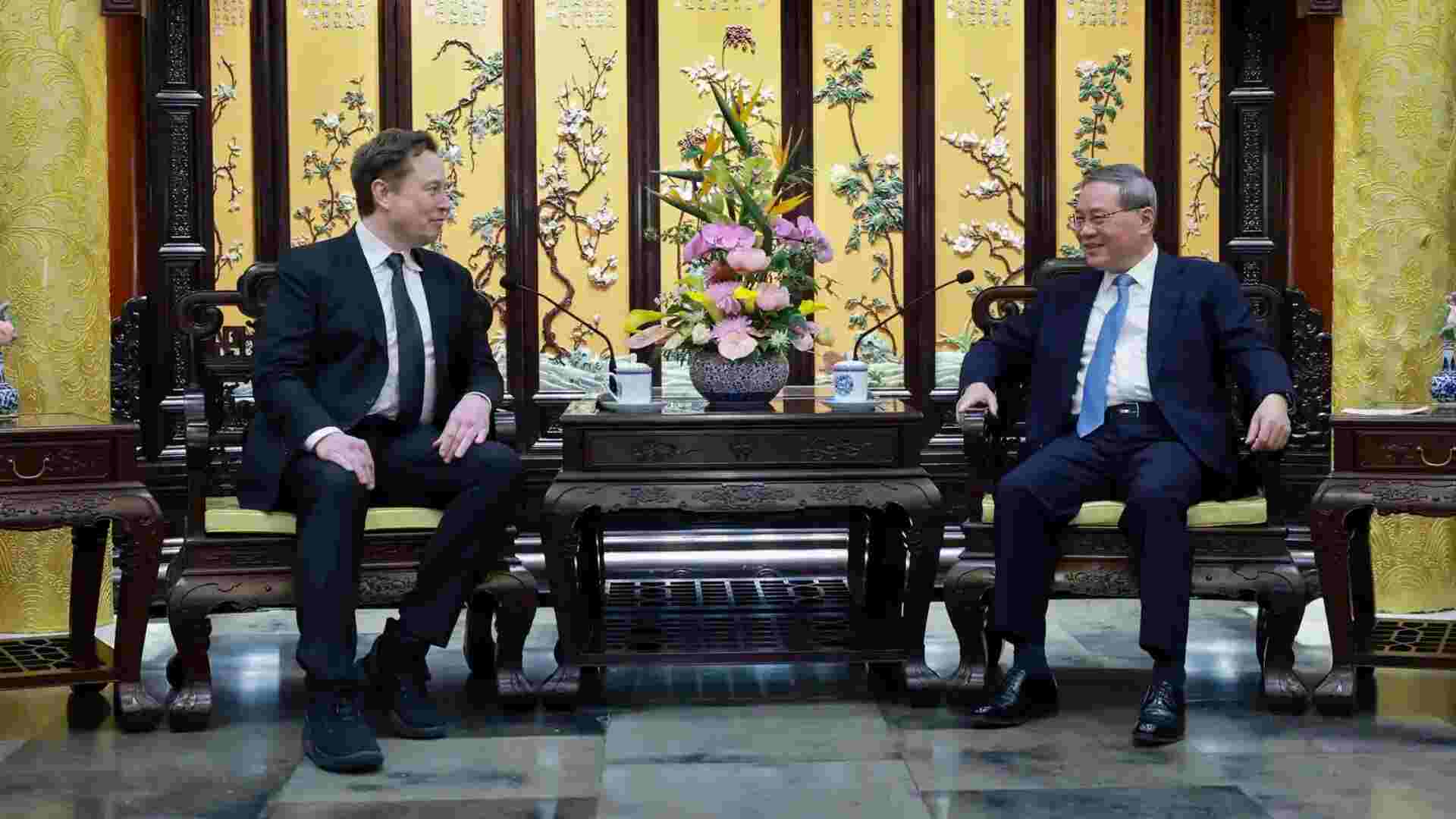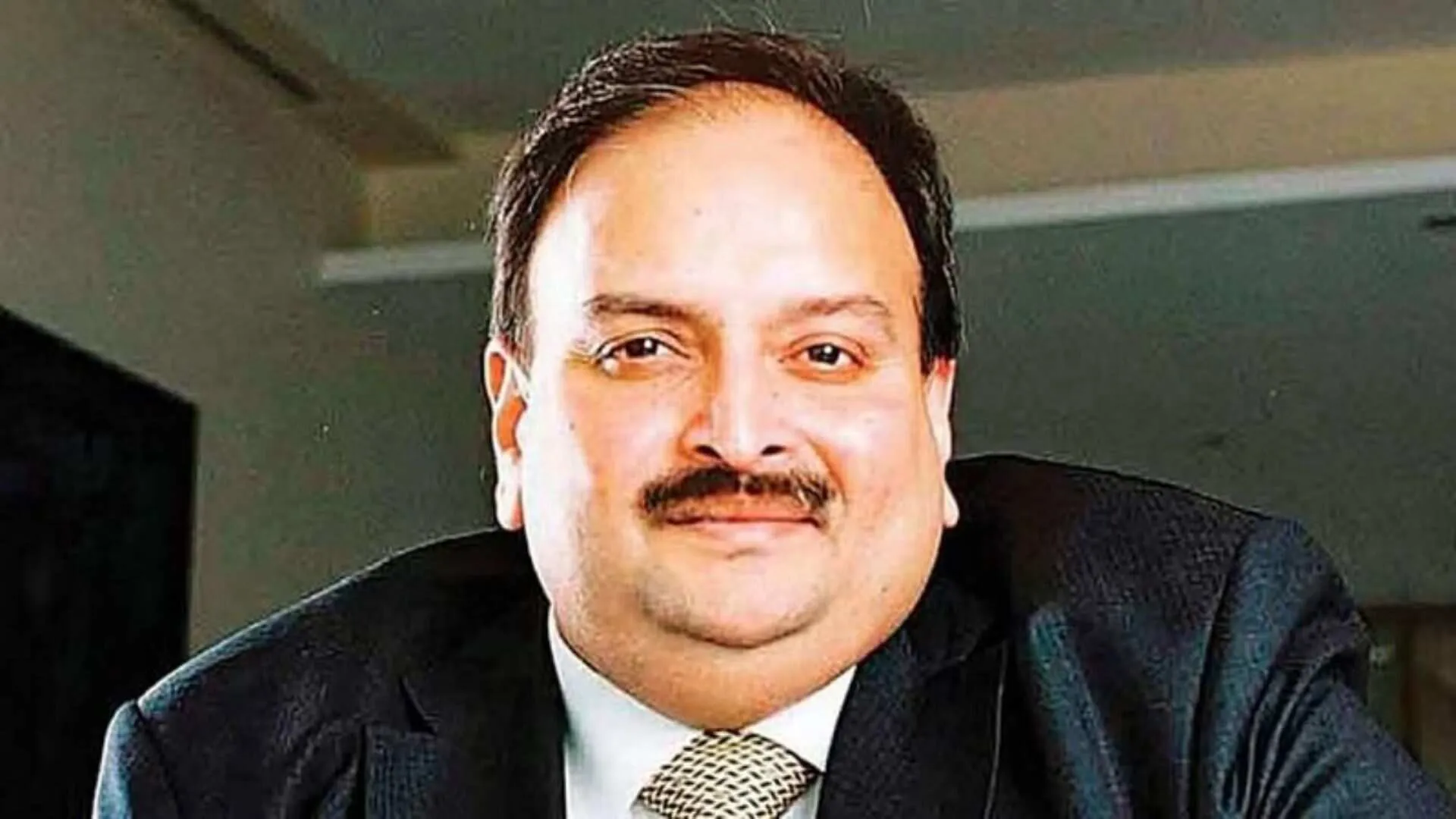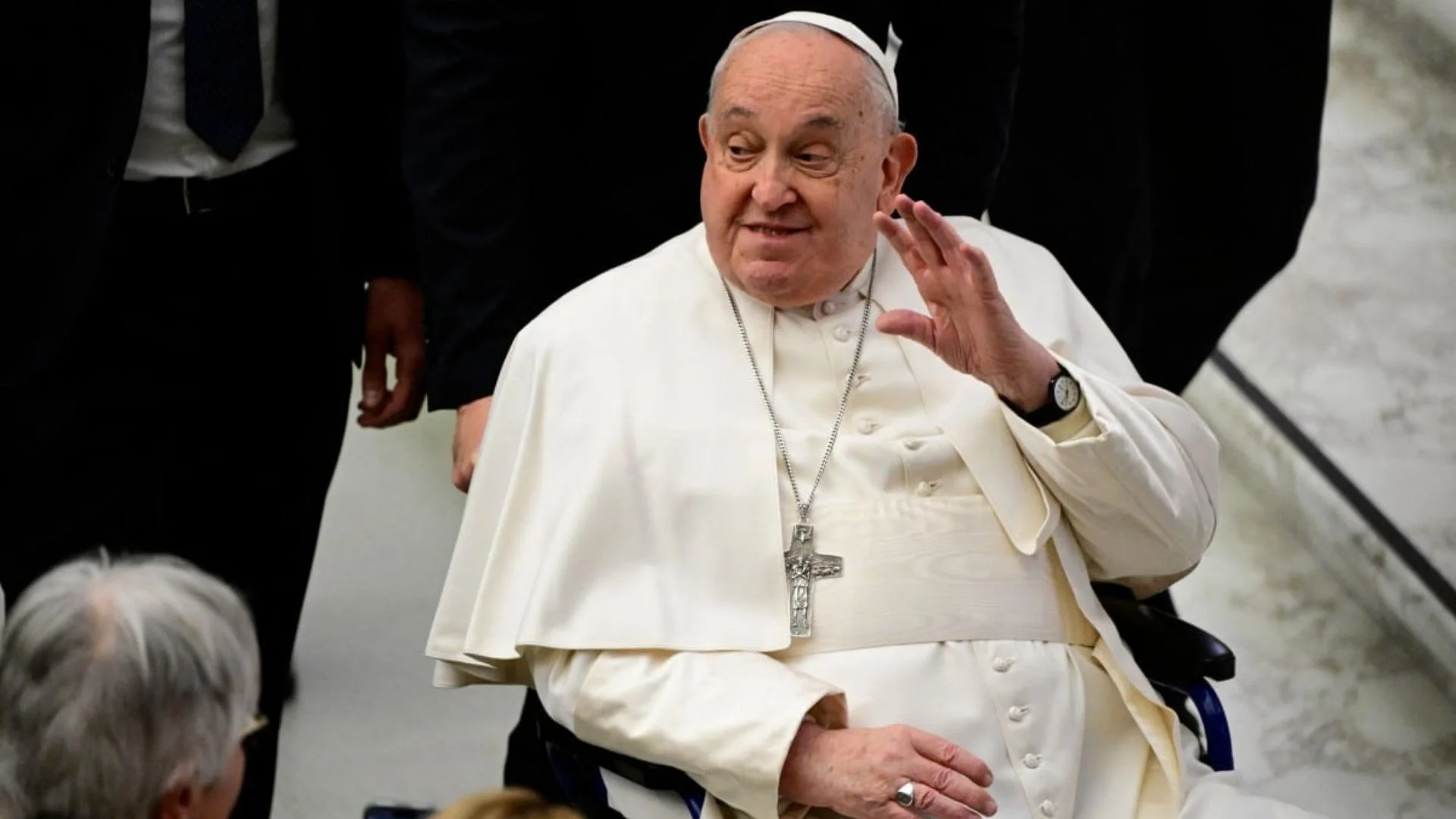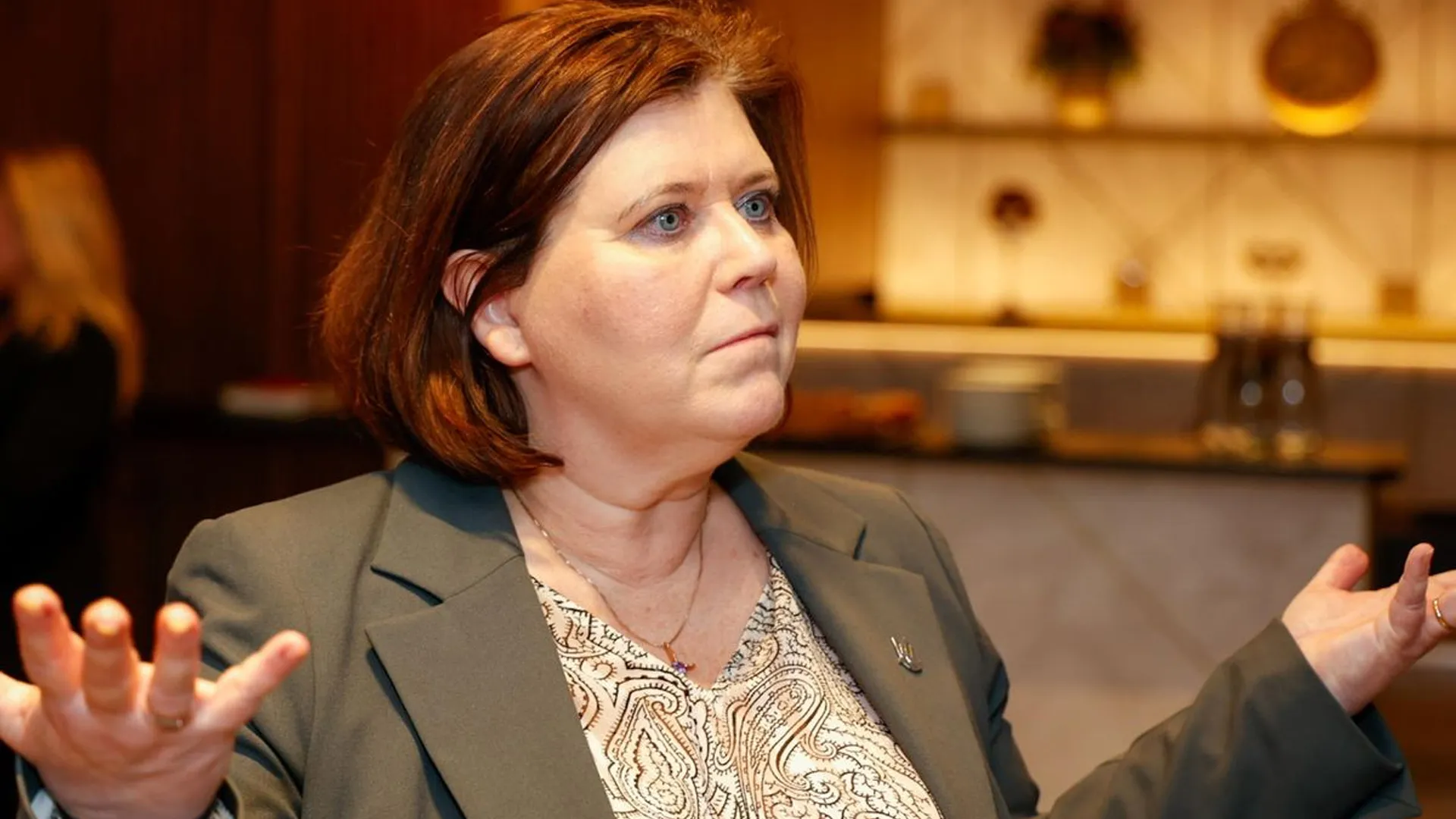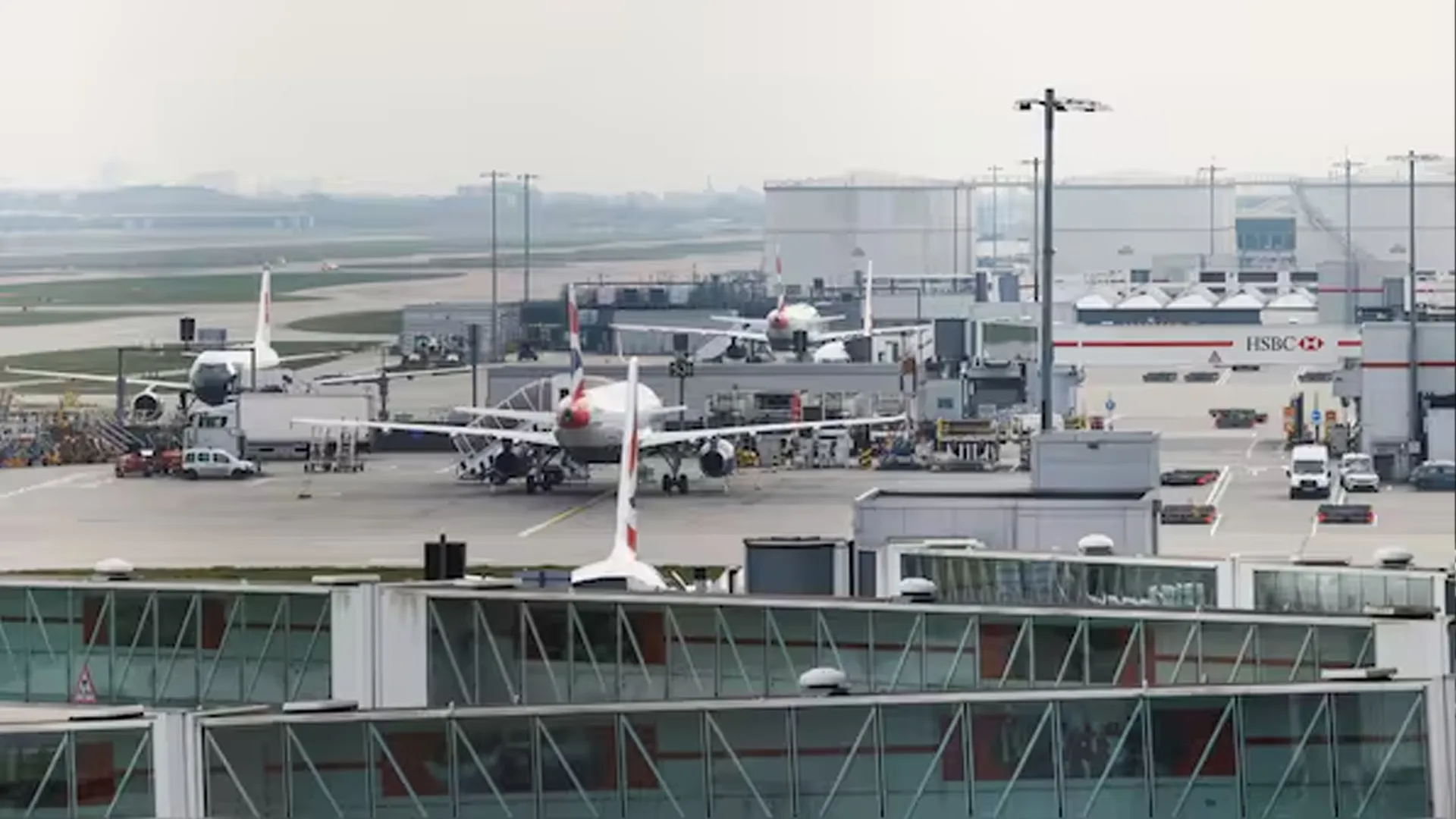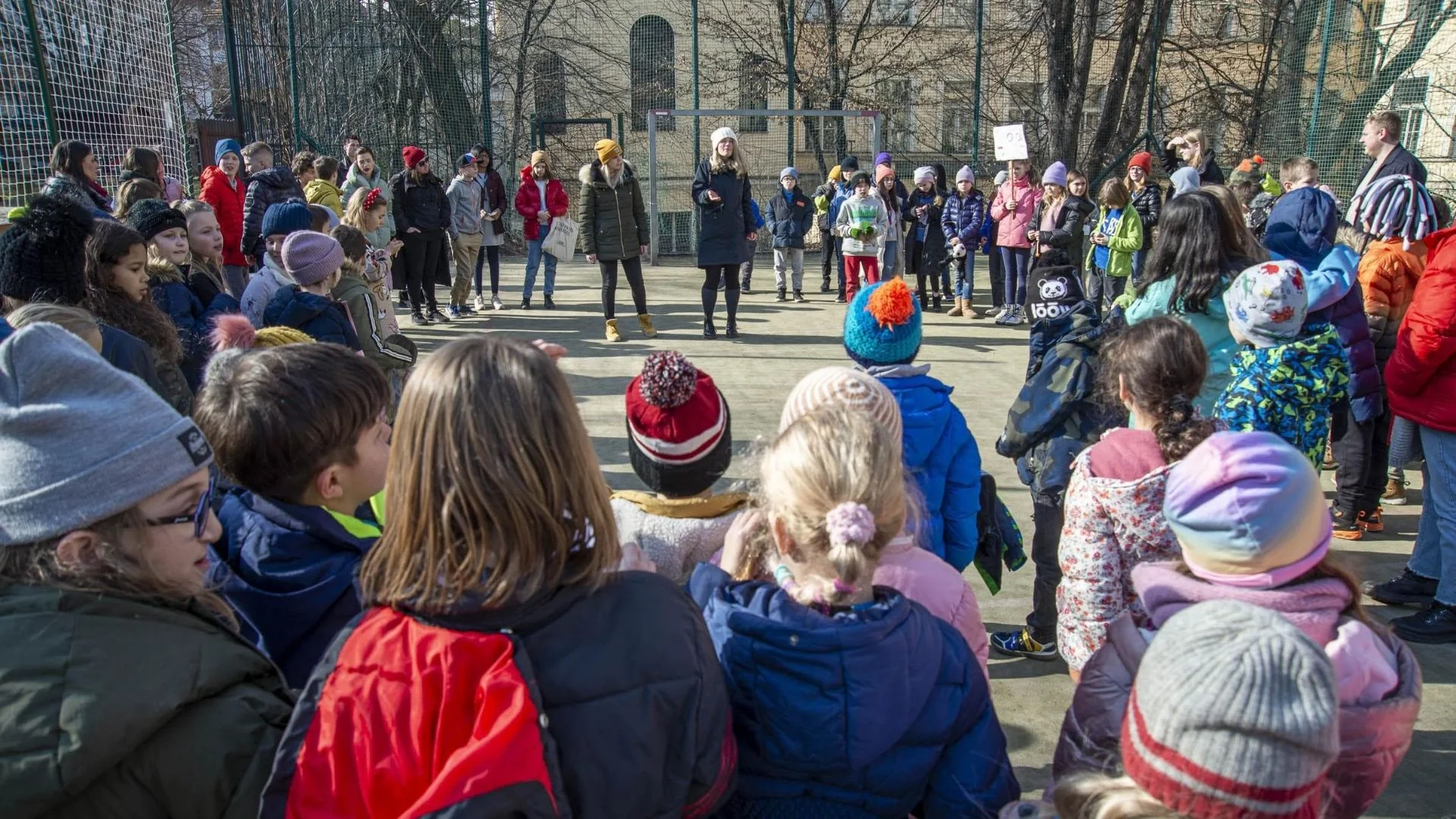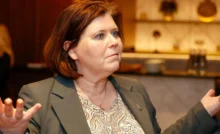Tesla, led by Elon Musk, has overcome significant regulatory hurdles in China, paving the way for the introduction of its self-driving software in the country. Musk’s recent visit to Beijing is expected to result in progress regarding the deployment of Tesla’s Full Self-Driving (FSD) software and the transfer of driving data overseas.
According to an individual familiar with the situation, Musk arrived in Beijing on Sunday to discuss the deployment of FSD software and permission to transfer driving data overseas. This follows an agreement between Tesla and Baidu to use the Chinese tech giant’s mapping license for data collection on China’s public roads, a crucial step for FSD to be introduced in the country. Additionally, a leading Chinese auto association announced that Tesla’s Model 3 and Model Y cars comply with China’s data security requirements.
Data security and compliance have been major obstacles for Tesla in China, with regulators requiring all data collected by Tesla’s Chinese fleet to be stored in Shanghai since 2021, preventing the transfer of data back to the United States.
Musk is seeking approval to transfer data collected in China abroad to train algorithms for autonomous driving technologies. Tesla has not responded to requests for comment. Wedbush equity analysts described Musk’s visit as “a major moment for Tesla.”
Xpeng, Huawei Technologies, and other Chinese competitors have been working to gain a competitive edge over Tesla by introducing comparable software. According to retired journalist Hu Xijin, Tesla is the sole foreign-funded car manufacturer to adhere to China’s data compliance standards, potentially allowing Tesla vehicles to access government and state-owned company premises across the country.
“This is not only a breakthrough in China, but also a significant demonstration for the entire world in solving data security issues,” he said.
Tesla’s shares have dropped by nearly a third since the beginning of the year, as concerns about the EV maker’s growth trajectory have increased. Musk announced that Tesla would introduce new, more affordable models using its existing EV platforms and production lines, as well as a new “robotaxi” with self-driving capabilities, which he plans to unveil on August 8.
Industry experts believe that China’s complex traffic conditions provide a greater variety of scenarios crucial for training autonomous driving algorithms at a faster rate. Wedbush analyst Dan Ives noted that if Musk can secure approval from Beijing to transfer data collected in China abroad, it would be a “game changer” in terms of accelerating the training of Tesla’s autonomous technology algorithms globally.
During his trip to China, Musk met with Chinese Premier Li Qiang, who commended Tesla’s success in the country as an example of effective U.S.-China economic and trade cooperation. Musk also attended the ongoing Beijing auto show. Additionally, Robin Zeng, the chairman of Chinese battery giant CATL, a key Tesla battery supplier, was seen visiting Musk’s hotel in Beijing on Monday, although it has not been confirmed if the two met.


